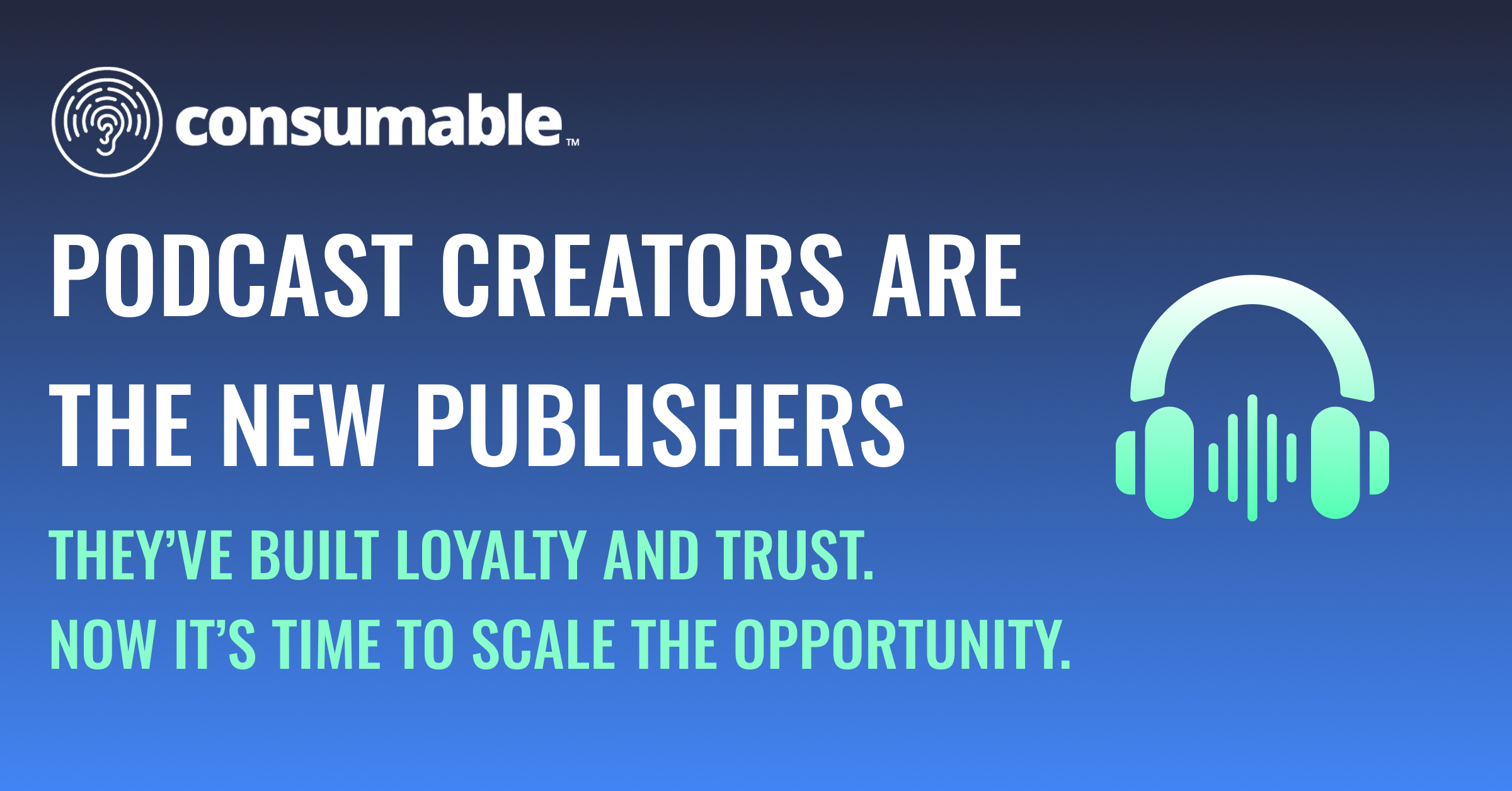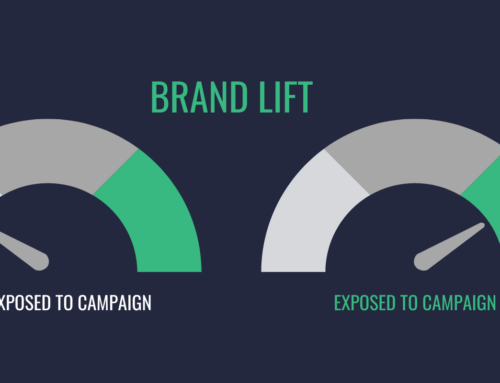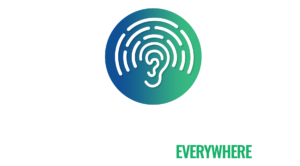Since the earliest days of media publishing, publishers have earned trust by developing distinct editorial voices, consistent coverage areas, and loyal readerships who turned to them for authoritative perspectives on everything from technology to culture.
Today, podcast creators are filling that same role. They have become the trusted sources audiences rely on for information, analysis, and insight.
Much like the household-name media publishers we all know, who have carved out editorial territories and built devoted followings, podcast hosts are now establishing themselves as the definitive voices within their domains. Their authentic perspectives and consistent point of view create the same trusted relationship that made web publishing so influential in shaping public discourse.
That trust also made web publishers essential to advertisers. Brands wanted to show up in those environments, first through media placements, then through branded content and custom partnerships. Podcasting is following this same playbook. Creators have built authority, and brands now engage through host-read ads, sponsorships, and integrations that rely on the credibility of the voice delivering them.
For brands, this shift brings back publisher-quality influence. For creators and networks, it demands the same kind of infrastructure and revenue models that successful web publishers once built, adapted to the intimacy and authenticity that make podcasting, and audio more broadly, so powerful.
From Content to Editorial Authority
Web publishers succeeded by becoming trusted sources within specific beats and verticals. Podcast creators are now doing the same, with one key advantage. Voice fosters a deeper connection than text ever could.
Many of the same editorial principles apply:
- Consistent editorial voice: Now the foundation of the most successful podcasts. Audiences know what to expect and trust the lens they’ll receive it through.
- Defined territory: Beat coverage takes shape as creators become the go-to source for specific topics, industries, or cultural moments. This mirrors how web publishers claimed their editorial spaces.
- Loyal audience relationships: Loyal readership becomes devoted listenership. Audiences turn to specific hosts for analysis, timely reactions, and trusted perspectives on current events.
The critical difference: While publishers earned trust through quality reporting and editorial consistency, podcast creators build it through authentic voice relationships that feel personal and immediate.
Trusted Voices in an Information-Saturated World
In the early internet era, trusted publishers helped audiences cut through the noise with perspective, curation, and editorial judgment.
Podcast creators now fill that same role for today’s listeners. They guide audiences through cultural shifts, emerging trends, and industry discourse as trusted individuals.
- Audiences follow trusted voices over media brands. Just as readers bookmarked their favorite blogs, listeners subscribe to the hosts whose perspectives they value most.
- Authority grows through consistency and authenticity. Web publishers built it through editorial rigor and a distinct voice. Podcast creators do the same through reliability and genuine expertise.
- Trust doesn’t stop at the podcast feed. Just as web publishers expanded into newsletters, events, and social media, podcast creators now extend their influence across video, digital platforms, communities, and live appearances.
Networks and platforms that recognize this publisher-like authority are building the infrastructure that can turn it into long-term media value.
Monetization Must Match Publisher Standards
Web publishers moved beyond banners to create sophisticated monetization models. These included targeted media products, premium ad formats, and branded content that aligned with editorial voice. Podcast creators and networks must follow a similar path, but at a faster pace.
The foundations are already familiar:
- Standardized buying that respects content integrity and audience trust while providing scalable ways for brands to engage
- Sophisticated targeting enabled by addressable audience solutions like PODiQ, which allow marketers to find podcast listeners across the digital ecosystem without compromising personal connection
- Meaningful measurement that goes far beyond basic reach to understand behavior, affinity, and business outcomes, just as web publishers matured beyond pageviews
Until now, the missing piece in podcast advertising has been addressability. PODiQ solves this challenge by transforming anonymous podcast listeners into identifiable, targetable audiences. This capability opens the door to the same kind of programmatic efficiency that once made web publishing so valuable to advertisers.
Building Publisher-Grade Sales Infrastructure
Successful web publishers organized sales efforts around editorial themes and audience segments. This structure created premium inventory and commanded attention from marketers. Podcast networks and creators need to adopt the same discipline.
TITLE+ provides the tools to make that happen.
Networks and platforms can now:
- Use first-party data from owned shows and audiences to shape media products
- Build premium audience segments informed by listening behavior, interests, and engagement
- Package inventory that reflects editorial value and protects the voice-to-audience relationship
- Extend their influence across the web, just as web publishers did when they expanded beyond their owned sites
This is the foundation of scalable, high-impact podcast advertising. It allows creators and networks to monetize more of what they already own, while maintaining what makes them trusted in the first place.
From Trusted Voices to Trusted Media Businesses
The most successful podcast creators and networks will embrace their role as publishers. They will develop recognizable editorial brands that audiences rely on for trusted insight and perspective.
Winning in this space means:
- Establishing clear editorial domains and earning leadership within them
- Maintaining consistency and quality that audiences come to depend on
- Creating scalable media products that preserve voice integrity while offering brands access to engaged listeners
- Expanding across platforms while protecting audience trust, just as the best web publishers grew beyond blogs and homepages
Marketers already understand how to buy from trusted media. They have spent years doing it with web publishers. Audiences already treat podcast creators like editorial voices. The infrastructure is the final piece that must evolve to match this reality.
The TL;DR
Podcast creators are becoming the trusted publishers of the audio era. They’ve earned editorial authority and audience loyalty by consistently delivering insight through authentic voice.
The next wave of growth will belong to creators and networks who understand the opportunity and build toward it. That means combining editorial credibility with tools like PODiQ and TITLE+ to deliver addressability, premium inventory, and measurable results. The industry must meet the moment with systems that support podcasting as a full-scale, trusted media business.




